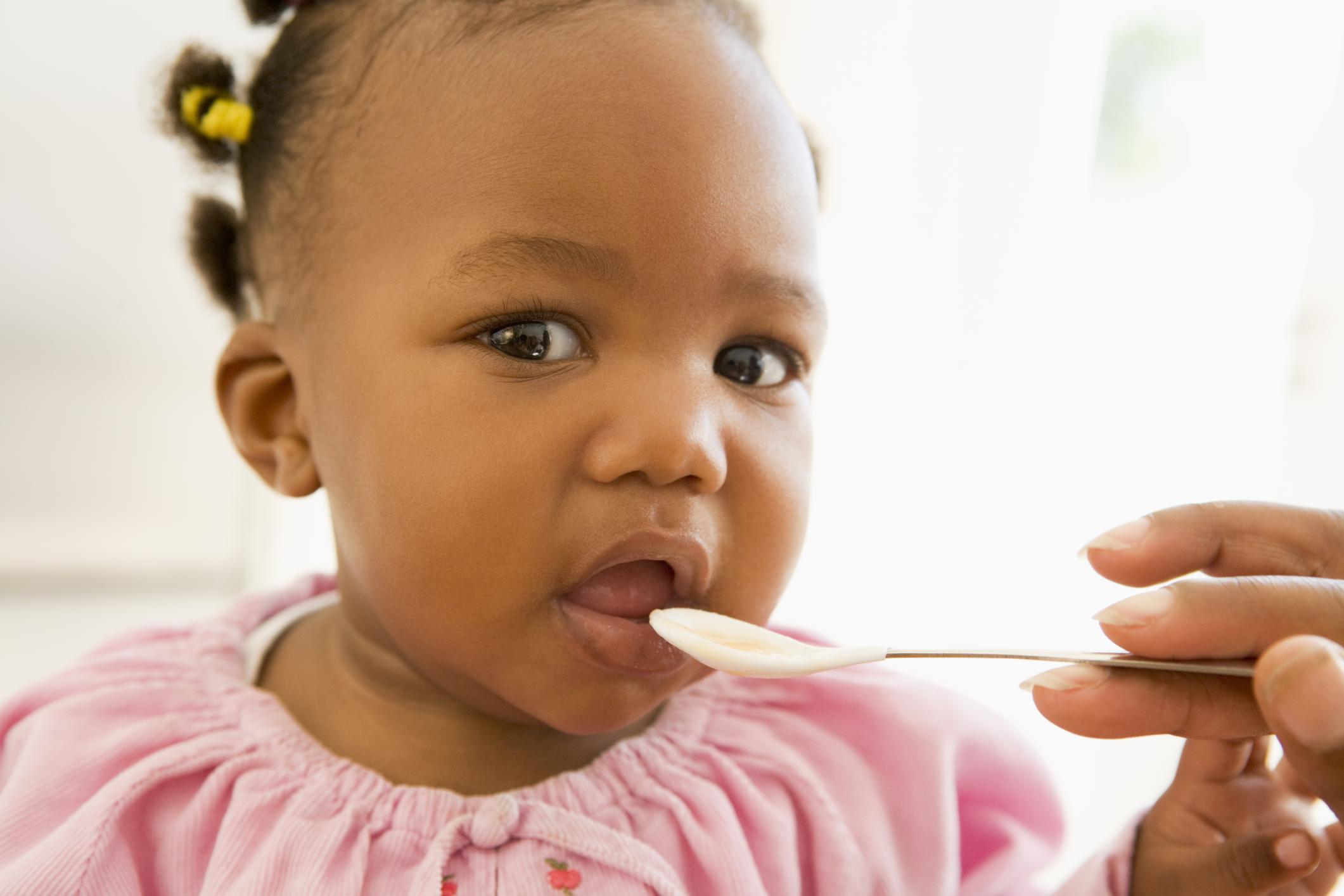Most pregnant women know that they need ensure their diet has enough calcium, B-vitamins, and iron to support their own body and their baby’s during pregnancy.
The American Academy of Pediatrics (AAP) has recently released a statement alerting pregnant and nursing women and their doctors and midwives to another important but overlooked pregnancy nutrient: iodine.
The AAP found in a recent study that 1/3 of pregnant women were deficient in iodine, which is essential in a baby’s healthy development. Iodine is crucial for the production of thyroid hormone. Thyroid hormone, in turn, is crucial for a baby’s brain development. Furthermore, iodine also helps protect both mother and baby from environmental toxins that can harm the thyroid.
Even a minor deficiency in iodine can decrease a baby’s brain functioning, while a severe deficiency can lead to stunted physical and mental growth.
While iodine is present in many foods, particularly seafood and dairy, and is available in iodized table salt, processed foods are usually low in iodine. Even though processed foods have a lot of salt, the salt which manufacturers use in the food’s production is not iodized.
Fortunately, if you’re eating well, it’s not terribly hard to get enough iodine. Health organizations recommend that pregnant women get at least 220 mcg of iodine a day, and breastfeeding women get at least 290 mcg.
Foods that are naturally high in iodine include:
- Sea Sources: saltwater fish, seaweed, and shellfish
- Dairy Sources: yogurt, milk, cheese, and ice cream
- Eggs
The National Institutes of Health provides information on the iodine levels found in many food sources. For a pregnant woman, getting 220 mcg of iodine during the course of the day may look like the following:
- 1 cup of low fat yogurt: 75mcg
- 2 eggs, with yolk: 48 mcg
- 3 oz of tuna: 17 mcg
- 1/2 cp canned fruit cocktail in heavy syrup: 42mcg
- 1/4 tsp iodized table salt: 41 mcg
Total iodine consumption = 223 mcg
As you may notice, many of the foods that are high in iodine are foods that pregnant women should be eating anyway, such as eggs and dairy.
Pregnant and breastfeeding mothers can also make sure that their daily prenatal vitamin contains iodine. According to the AAP, only about half of the available supplements contain iodine, and only 15% of pregnant and nursing mothers take a prenatal that contains iodine. You should look for one that contains at least 150 mcg of potassium iodine to help you meet your nutritional need.
If you’re pregnant or breastfeeding and are concerned about your iodine level, contact pregnancy physicians and midwives at All About Women. We want to make sure that you’re receiving optimum nutrition during these important times. While iodine deficiency may be concerning, it’s easily reversible with the right diet and supplement.
The practitioners at Gainesville’s All About Women advocate for all women to stay informed on issues of their own health during pregnancy and all stages of life.
You can read more about women’s healthcare issues and news in our blog or by visiting our Knowledge Center.



